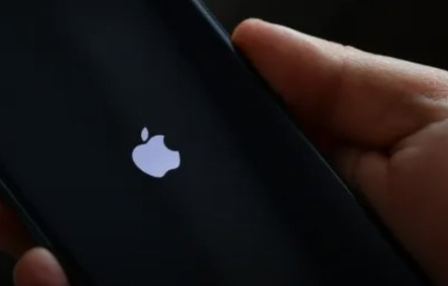Apple is attacked almost daily by hackers and those looking to do harm to their massive number of clients. Here we go again
Apple has recently issued a stark warning to iPhone users across 98 countries, alerting them to potential “mercenary spyware attacks” targeting their devices. This alarming notification underscores the ongoing battle between Apple and entities investing heavily in uncovering and exploiting security vulnerabilities within iPhones.
Despite the high security standards of iPhones, these devices are not immune to sophisticated attacks. The most infamous of these attacks come from NSO Group, whose Pegasus spyware is notorious for its ability to infiltrate iPhones and access nearly all personal data without the user’s awareness. This spyware employs zero-click exploits, meaning that merely receiving an iMessage can compromise an iPhone, even if the message is not opened or interacted with in any way.
#Apple Warns iPhone Users of 98 Countries Including India of ‘Mercenary Spyware Attack’
Read More: https://t.co/LoFojqtovf
— Pragativadi (@PragativadiNews) July 11, 2024
NSO Group markets this powerful software to various governments, some of which have questionable human rights records. These governments often deploy Pegasus to monitor opposition figures, human rights activists, journalists, and lawyers, raising significant ethical and privacy concerns.
Apple is committed to closing these security gaps as swiftly as possible. However, due to the complexity of these vulnerabilities, the process can be time-consuming. In the meantime, Apple endeavors to detect compromised devices and notify the affected users. This proactive approach helps mitigate potential damage and encourages users to take necessary precautions.
In recent communications, Apple has warned users of mercenary spyware attacks, emphasizing the severity and specificity of these threats. “This attack is likely targeting you specifically because of who you are or what you do,” Apple stated in its warning, urging users to take the notification seriously. The company has high confidence in these alerts, although it acknowledges that absolute certainty in detecting such attacks is elusive.
#Apple warns #iPhone users in 98 countries of spyware #attacks https://t.co/tDAqgu07IU
— 🪷 Neeraj 🪷 (@TheFriendlyOwl) July 11, 2024
Apple’s detection methods remain confidential to prevent adversaries from learning and circumventing their security measures. However, it is believed that iOS incorporates regular integrity checks of its security protections. When these checks fail, an alert is sent to Apple, which then informs the affected user about the potential compromise.
This recent wave of warnings highlights the persistent threat of spyware and the importance of vigilance among iPhone users. As Apple continues to enhance its security protocols, users are advised to stay informed about potential threats and follow best practices to safeguard their personal data.
The continuous development of spyware like Pegasus and the substantial sums paid to hackers for discovering new vulnerabilities underscore the high stakes in the cybersecurity landscape. Apple’s ongoing efforts to detect and address these threats are crucial in protecting user privacy and maintaining the integrity of their devices.
🚨 Alert: Apple warns iPhone users in India & 98 countries about mercenary spyware threats. Stay informed! #HindustanHerald #Cybersecurity pic.twitter.com/w2UYmyEK3X
— Hindustan Herald (@hindustanherald) July 11, 2024
Key Points:
i. Apple has warned iPhone users in 98 countries about potential mercenary spyware attacks.
ii. NSO Group’s Pegasus spyware is capable of compromising iPhones via zero-click exploits, accessing almost all personal data.
iii. The spyware is often used by governments to monitor opposition figures, activists, journalists, and lawyers.
iv. Apple detects compromised devices through regular integrity checks and notifies affected users to take necessary precautions.
v. Users are advised to remain vigilant and adhere to best cybersecurity practices to protect their personal data.
TL Holcomb – Reprinted with permission of Whatfinger News



